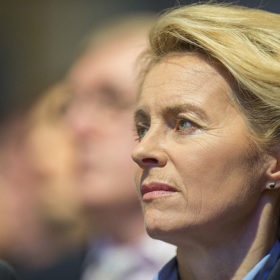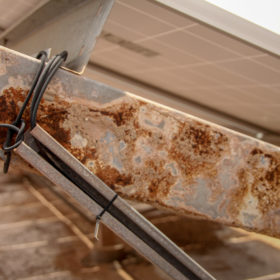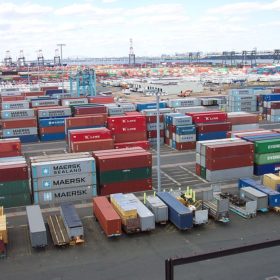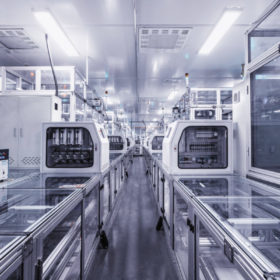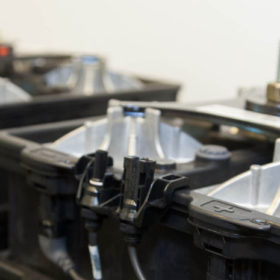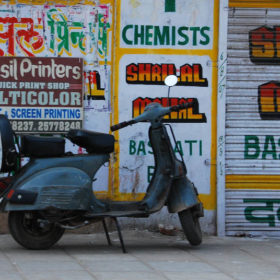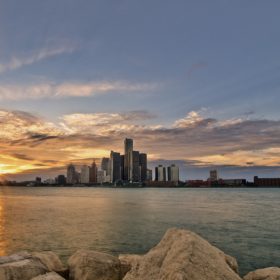Now Europe is pushing domestic battery manufacturing plans
EU industry body EUROBAT has called for the bloc to adopt a battery industrial strategy and has pushed the claims of domestic manufacturers in the same manner as India has, as the race hots up to dominate the global energy storage market.
Indian renewables leaders split over need for regulation
While some of the industry insiders gathered at REI 2019 have made predictable calls to be free of the restrictions imposed by regulators, others maintained policy support is crucial and audience members voiced concern about India’s lack of recycling rules.
IndianOil to produce non-lithium EV batteries
The state-run fossil fuel giant has partnered with an unnamed foreign start-up to produce electric vehicle batteries using raw materials easily available in India.
Lithium-ion batteries still set for US tariffs on September 1
The energy storage market is set to be the latest affected by Trump’s trade war as lithium-ion batteries were excluded from the group of Chinese imports for which the U.S. president announced tariffs would be delayed until December 15.
Energy storage and EVs clear winners in union budget 2019: IESA
The new budget aims to seize the opportunity in energy storage and EVs through a range of incentives. However, alongside demand, production and export, the government also needs to focus on e-waste management and Li-ion battery recycling to sustain raw material supply and minimize environmental impact.
Economic Survey calls for $330 billion investment in renewables
The annual report has placed EVs at the heart of India’s decarbonization and called for an Indian answer to the U.S. ‘Motor City’ of Detroit, where electric vehicles and the batteries to run them could be manufactured.
Battery maker CATL ramps up investment in German gigafab to €1.8 billion
Previously, a mere €240 million (Rs1,870 crore) was set to flow into the giga-factory. The corporation’s management reasoned new demand for its battery cells made more investment necessary.
Battery scientists make a cracking observation
Scientists at the Georgia Institute of Technology in the U.S. used x-ray imaging to observe cracks forming in a solid state lithium battery, a discovery they say changes the understanding of performance of solid state batteries and which could lead to more durable systems.
Thinktank gives manufacturers two weeks for EV adaptation blueprint
Central government has thrown down the gauntlet to the nation’s largest motorbike and scooter manufacturers after they resisted a proposal to ban non-electric sales from 2025 onwards.
Akasol plans to build new battery factory near Detroit
The German battery manufacturer will make products for electric trucks and buses at the facility, which is expected to employ 200 workers and produce 400 megawatt-hours of batteries annually.
